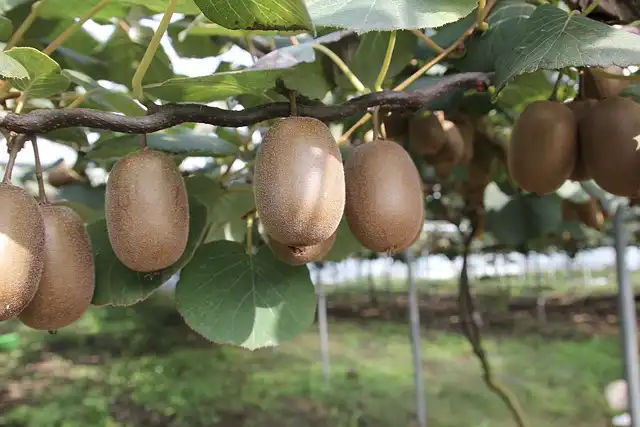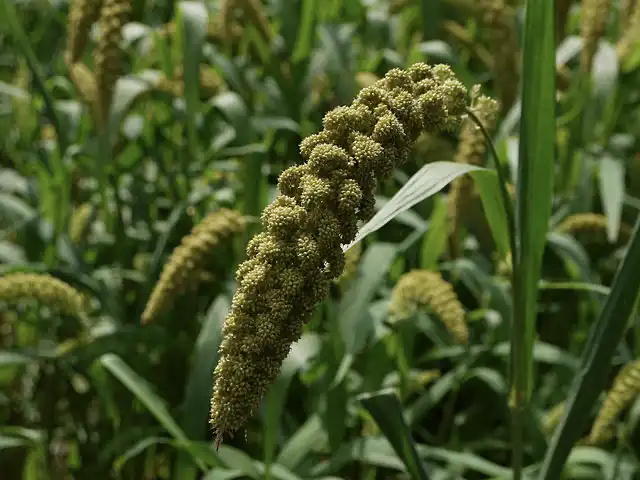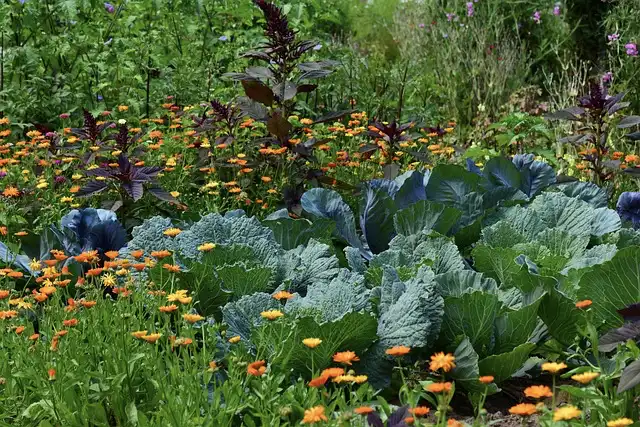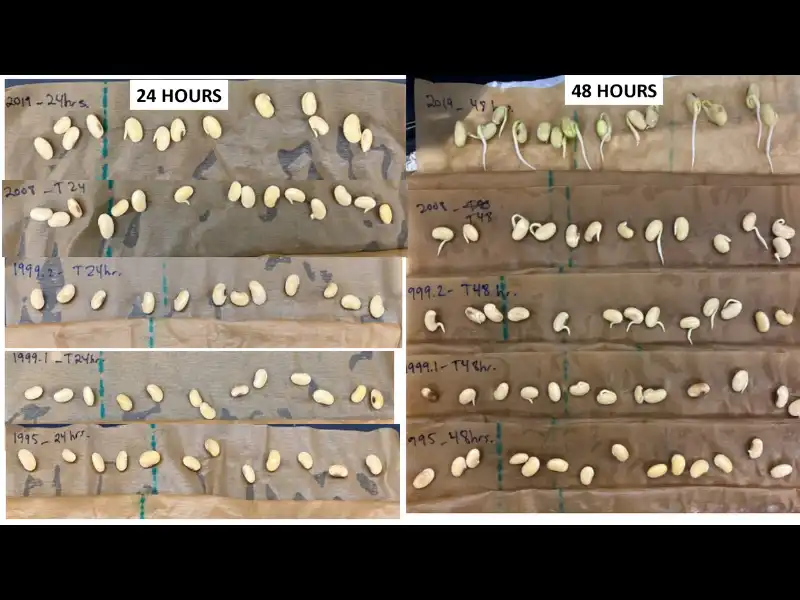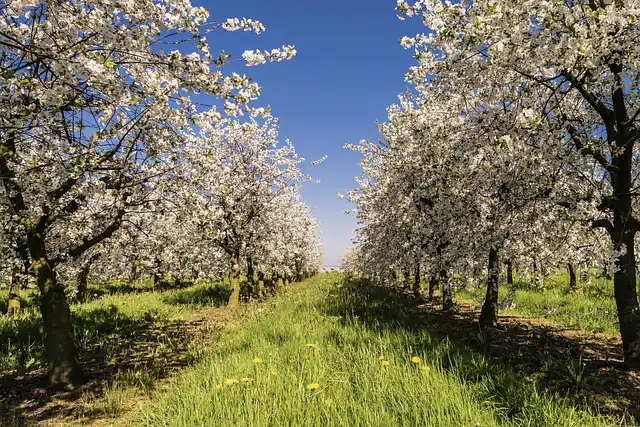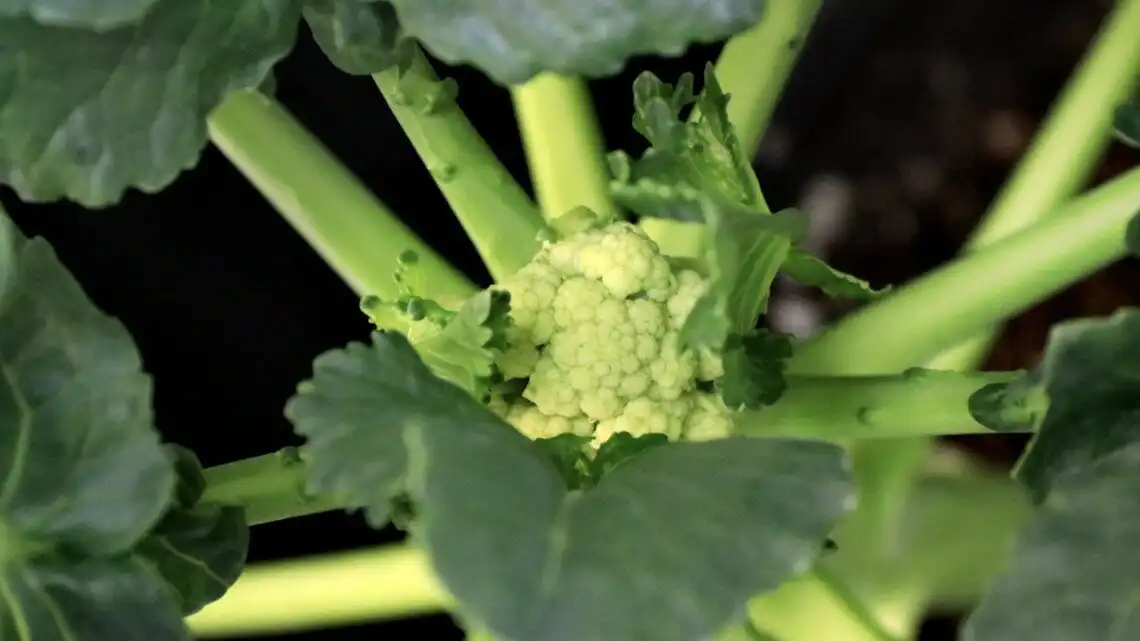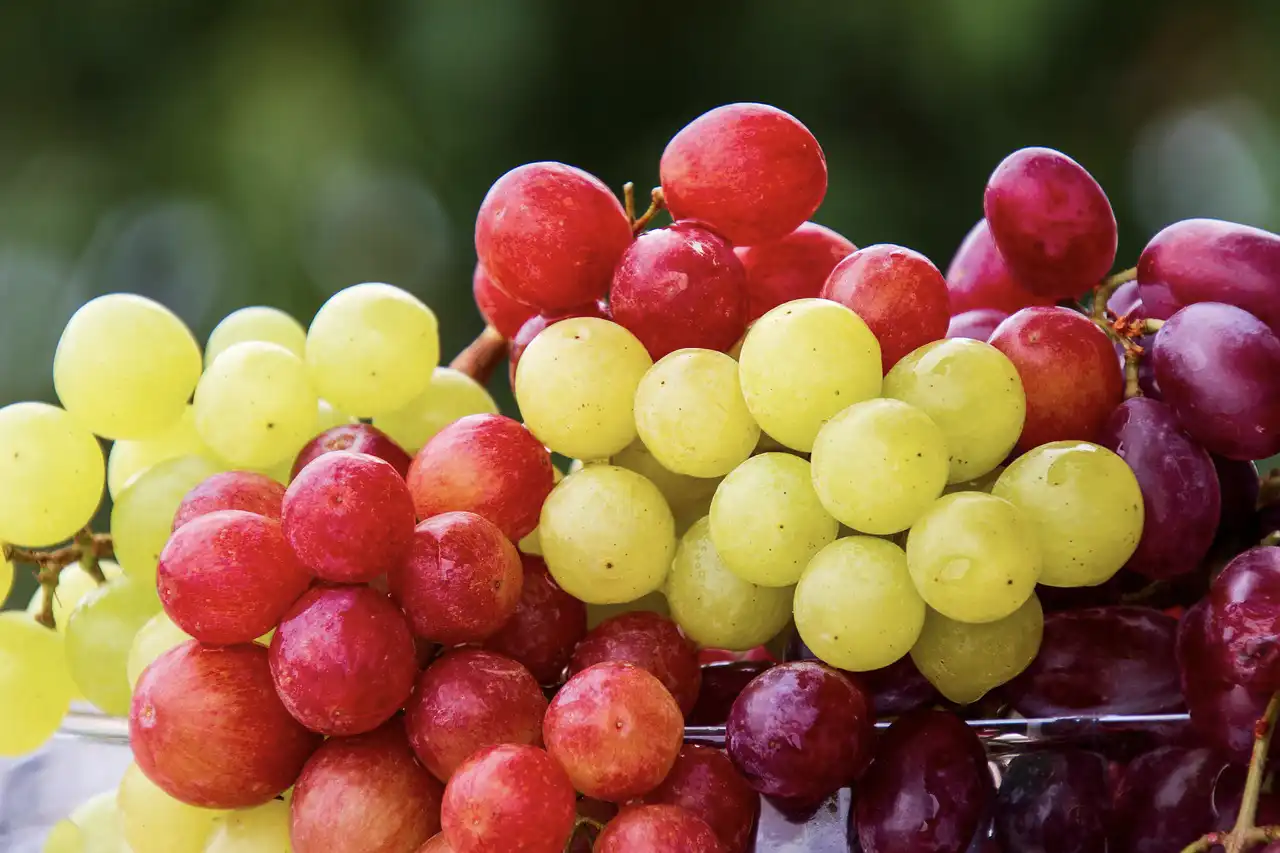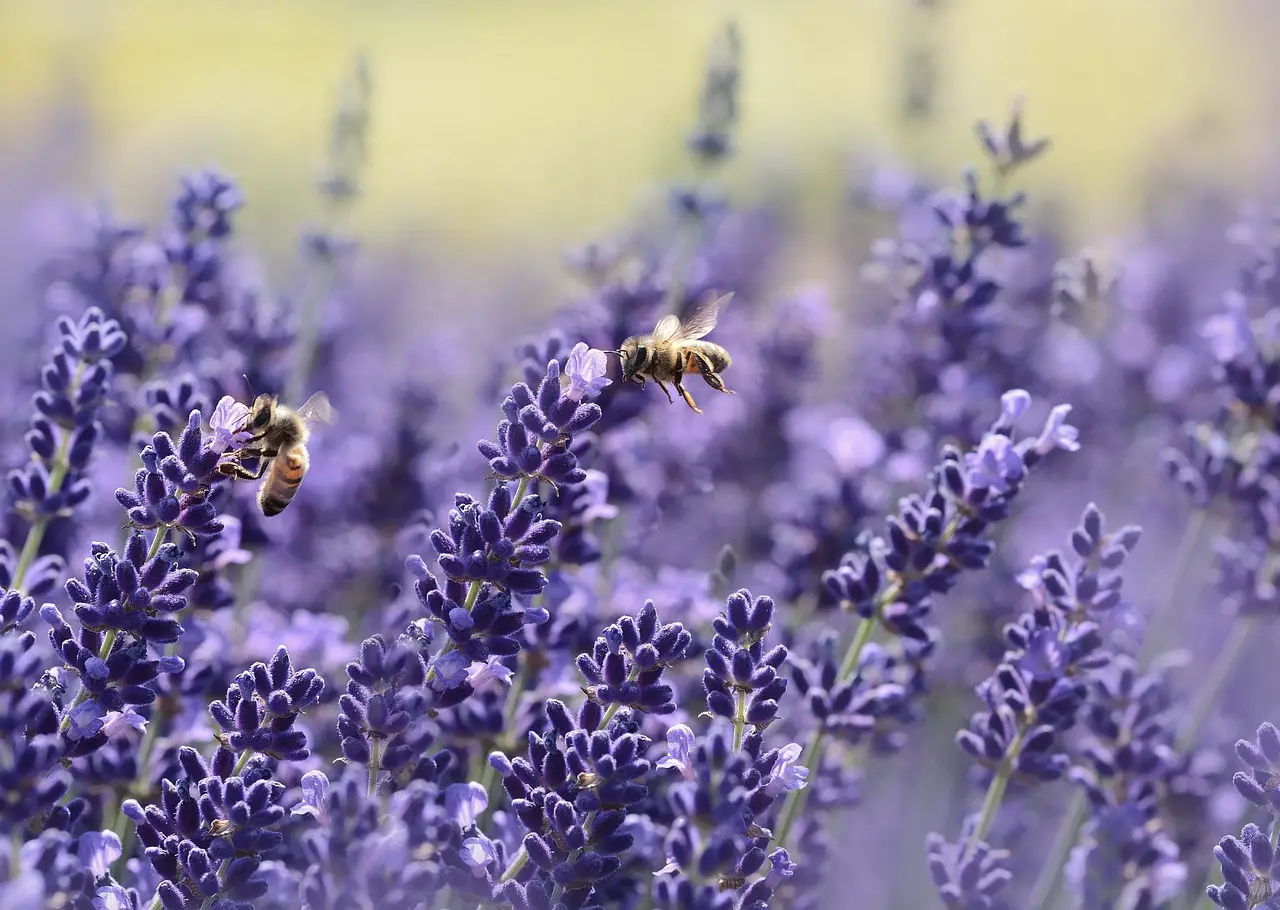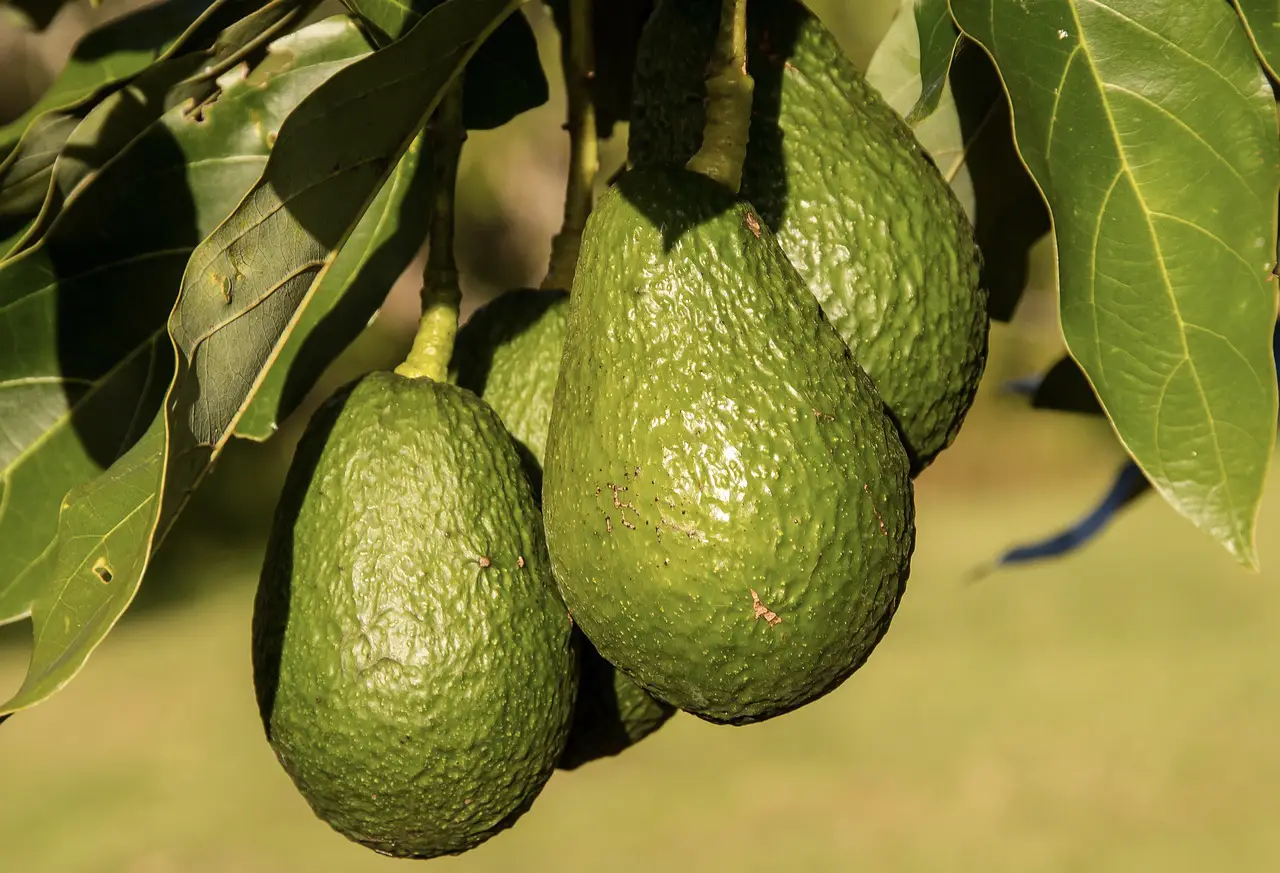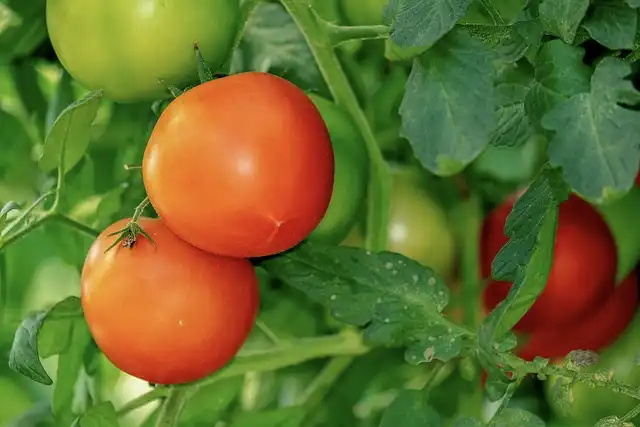
Researchers create double-haploid watermelon plants via in vivo, seed-based haploid induction system
Generating haploid plants for the purpose of obtaining pure double haploid lines is widely recognized as one of the most efficient breeding strategies in modern agriculture. Watermelon (Citrullus lanatus), an important fruit crop known for its nutritional value and flavor, has undergone long-term artificial selection resulting in genetic narrowing. Therefore, there is an urgent need for a haploid induction system to enhance traditional breeding methods and facilitate the development of valuable lines.


